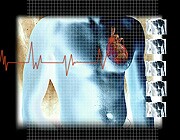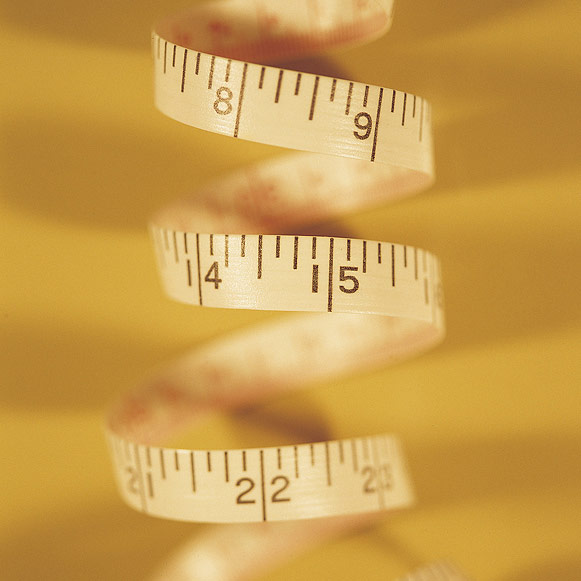
MONDAY, Nov. 26 (HealthDay News) — A new study suggests it would be wildly expensive — more than $10 million per life saved — to require American high school and college athletes to undergo heart testing to weed out those at risk for fatal cardiac complications from playing sports.
The mandatory screening of the athletes “is incredibly expensive in terms of cost per life saved,” said study co-author Dr. Sami Viskin, director of Cardiac Hospitalization at Tel Aviv Medical Center, in Israel. “Considering that the evidence suggesting that [cardiac] screening actually saves lives is problematic, we should definitively collect more evidence before we make this test mandatory.”
However, a commentary accompanying the study argues that the screening can be accomplished at a much lower cost, and that school and sports officials bear an ethical responsibility to protect these young athletes.
At issue are the sudden deaths of athletes due to undetected heart disease. “Investigators argue about how common this phenomenon is, with numbers ranging from one in 200,000 to one in 25,000,” Viskin said.
“We do know, however, that the risk is significantly higher for males than for females,” he added. “We also know that the vast majority of athletes who die suddenly do have an underlying heart disease that has remained undetected, either because it caused no symptoms or because the symptoms were ignored.”
An electrocardiogram can detect some of the heart problems, potentially saving lives by preventing those young people from becoming athletes.
But it’s a complicated situation because some athletes with the heart conditions would be fine regardless of whether they were removed from competition, probably the vast majority of them, Viskin said. Also, many of the disqualified athletes may decide to keep exercising and putting themselves at risk, he added.
In the new study, the researchers tried to figure out what would happen in the United States if it adopted rules like those in Italy, where young athletes undergo cardiac screening every year.
The study estimates that over 20 years, screening of 8.5 million young athletes would cost between $51 billion and $69 billion — and save about 4,800 lives. “This money could be put to better use,” Viskin said.
There would be another cost: 3.4 million athletes would need to be disqualified to save fewer than 5,000 lives, according to the study’s calculations.
An alternative opinion comes from Dr. Antonio Pelliccia, scientific director of the Institute of Sport Medicine and Science in Rome. He wrote a commentary accompanying the study.
Pelliccia said that cardiac screening through an electrocardiogram is “the best medical practice to screen young athletes for cardiac diseases.” And, he believes it can be performed far more cheaply than the study suggests.
In Italy, Pelliccia said, an entire health screening for an athlete — including more than just an electrocardiogram screening — costs $60, instead of the estimated cost of $263 in the United States. That cost “is clearly prohibitive in the United States, but most likely in all countries over the world,” he said.
In Italy, he said, the screening is not performed by cardiologists, although they can be called in if needed. And there’s not a risk of a lawsuit based on a physician’s decision regarding an athlete’s ability to play.
In the commentary, Pelliccia writes that he thinks “competitive athletes (and their families) should be informed regarding the limitations of history and physical examination, and should not be deprived of the opportunity to be screened by [electrocardiogram], if they choose to do it.”
The study and commentary appear online Nov. 26 and in the Dec. 4 print issue of the Journal of the American College of Cardiology.
More information
For details about sports fitness, visit the U.S. National Library of Medicine.

